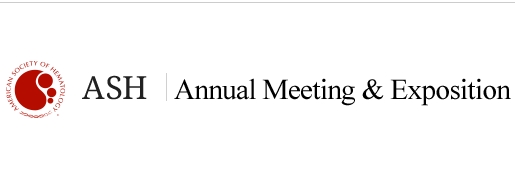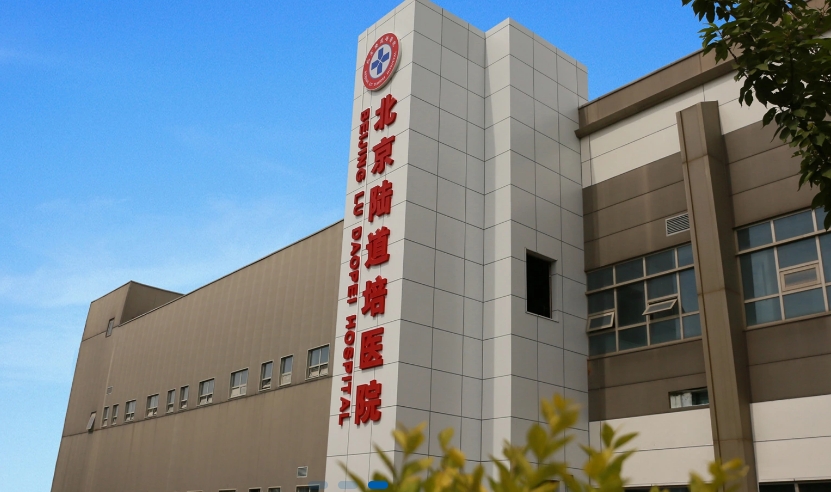Warning: Trying to access array offset on value of type bool in /www/wwwroot/www.medtourcn.com/wp-content/themes/medical-directory/framework/theme/medicaldirectory-image.php on line 78
Warning: Trying to access array offset on value of type bool in /www/wwwroot/www.medtourcn.com/wp-content/themes/medical-directory/framework/theme/medicaldirectory-image.php on line 79
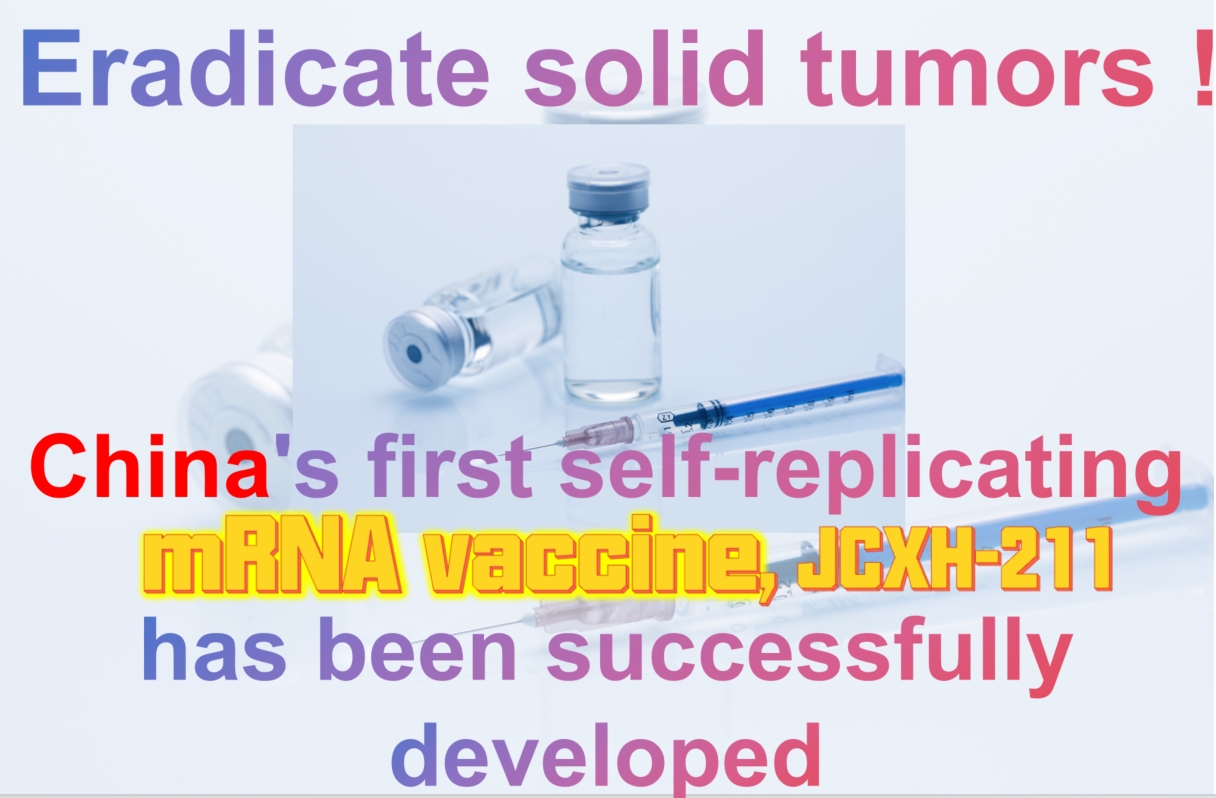
Hope to Eradicate Lung Cancer, Colorectal Cancer, and Various Solid Tumors! China’s First Self-Replicating mRNA Vaccine JCXH-211 Successfully Launched~
Hope to Eradicate Lung Cancer, Colorectal Cancer, and Various Solid Tumors! China’s First Self-Replicating mRNA Vaccine JCXH-211 Successfully Launched~

mRNA Vaccine
Tumor immunotherapy, as an emerging method for diagnosing and treating tumors, has garnered widespread attention since its inception. Prior to the advent of tumor immunotherapy, the clinical treatment of solid tumors relied solely on traditional surgical removal, radiotherapy, and chemotherapy. Although these methods were effective, they came with significant drawbacks such as drug side effects and the risk of recurrence.
Since the 1990s, mRNA vaccines have been considered therapeutic vaccines. During the COVID-19 pandemic in 2020, mRNA vaccines were used in clinical treatments, saving countless lives. Today, as the advantages of mRNA vaccines are gradually being discovered, they are now applied in multiple fields.
The advent of China’s first self-replicating mRNA vaccine JCXH-211 undoubtedly marks a new breakthrough in the clinical diagnosis and treatment of various solid tumors in China.
**What is the mRNA Vaccine JCXH-211?**
JCXH-211 is the world’s first self-replicating RNA drug encoding human interleukin-12 (IL-12) to enter clinical trials. This srRNA vaccine delivers mRNA encoding IL-12 into the cytoplasm, continuously expressing IL-12 to enhance the body’s immune response against tumor cells.
In preclinical studies involving various mouse and PDX disease models, JCXH-211 has shown the ability to effectively kill tumor cells, eliminate distant tumors, and prevent tumor recurrence. Comprehensive GLP toxicology studies have also demonstrated good safety.
JCXH-211 has a broad range of indications and is expected to effectively treat multiple solid tumors. The anticipated prospects are as follows:
**1. Lung Cancer:**
As one of the leading causes of cancer death worldwide, lung cancer is often diagnosed at a late stage due to difficulties in early detection. JCXH-211, through continuous expression of IL-12 and activation of immune cells, is expected to effectively control the growth and spread of lung cancer cells.
**2. Colorectal Cancer:**
Current clinical treatments for colorectal cancer primarily involve surgery and radiotherapy/chemotherapy, which can remove visible tumors but have a high recurrence rate. Periodic administration of JCXH-211 may significantly reduce recurrence and improve patient survival.
**3. Soft Tissue/Chondrosarcoma:**
These tumors are highly invasive and cover a wide range of areas, often affecting surrounding soft tissues and progressing rapidly. Current treatments are limited to surgery and radiotherapy/chemotherapy, which, although somewhat effective, are not thorough, leading to high recurrence rates. JCXH-211 could become a new treatment method, enhancing the body’s immune response to combat these stubborn cancer cells.
**4. Skin Cancer:**
Clinical treatments for skin cancer mainly include surgery and radiotherapy. While most skin cancers have a good prognosis, the effects on intractable melanoma are poor. The expression of IL-12 can activate specific T cells, greatly aiding in the elimination of melanoma cells.
**High-Efficiency Activation and Safety of the mRNA Vaccine JCXH-211!**
mRNA vaccines not only encode antigens to induce specific immune responses against tumors but also possess inherent immunostimulatory properties. This dual mechanism allows JCXH-211 to activate the immune system more efficiently, enhancing the overall anti-tumor effect.
Moreover, the safety of mRNA vaccines is well-recognized. Since DNA is the genetic material of most species, including humans and viruses, and is transcribed into mRNA before being translated into proteins to perform functions in the body, injecting mRNA into the human body does not enter the cell nucleus, thereby eliminating the risk of genomic insertion mutations. Additionally, mRNA can be naturally degraded and excreted from the body, preventing accumulation. Thus, JCXH-211 presents lower potential risks and is safer.
Currently, clinical trials are progressing steadily. With the rapid advancement of tumor immunotherapy, JCXH-211 is expected to become a standard treatment for various solid tumors, offering hope to many cancer patients.

 To assess whether the condition is suitable for cancer vaccine or clinic therapy, you can submit Advanced Medicine in China for preliminary evaluation!
To assess whether the condition is suitable for cancer vaccine or clinic therapy, you can submit Advanced Medicine in China for preliminary evaluation!
WhatsApp: +8613717959070
Email: doctor.huang@globecancer.com
#LungCancer #ColorectalCancer #SolidTumors #mRNAVaccine #JCXH211 #CancerTreatment #TumorImmunotherapy #MedicalBreakthrough #Biopharma #CancerResearch #HealthcareInnovation #CancerHope #MedicalScience #HealthTech #ClinicalTrials #CancerSurvivor #CancerAwareness #InnovativeMedicine #CancerVaccine #Vaccine #mRNA #JCXH
Warning: Trying to access array offset on value of type bool in /www/wwwroot/www.medtourcn.com/wp-content/themes/medical-directory/framework/theme/medicaldirectory-image.php on line 78
Warning: Trying to access array offset on value of type bool in /www/wwwroot/www.medtourcn.com/wp-content/themes/medical-directory/framework/theme/medicaldirectory-image.php on line 79

🎉 #PNAS Breaking News: Revolutionary CAR-T Cell Therapy Successfully Treats Autoimmune Disease in China! 🎉
🎉 #PNAS Breaking News: Revolutionary CAR-T Cell Therapy Successfully Treats Autoimmune Disease in China! 🎉

PNAS
In a groundbreaking development, Chinese medical experts have achieved a milestone in the treatment of autoimmune diseases using CAR-T cell therapy.
🩺 A New Hope for Autoimmune Diseases
Autoimmune-mediated necrotizing myopathy (#IMNM) poses a significant challenge in clinical management due to its severe symptoms and limited efficacy of traditional pharmacological approaches. However, a ray of hope emerges with the application of Chimeric Antigen Receptor (CAR) T-cell therapy targeting B cell maturation antigen (#BCMA).
🔬 The Breakthrough Study
Published in the prestigious #journal PNAS, the study titled “Single-cell analysis of refractory anti-SRP necrotizing myopathy treated with anti-BCMA CAR-T cell therapy” by the medical team at Huazhong University of Science and Technology sheds light on a remarkable case. A patient with anti-signal recognition particle (SRP) IMNM exhibited significant improvement in clinical symptoms and sustained reduction in pathogenic autoantibodies after receiving BCMA-targeted CAR-T cell therapy for over 18 months.
🧬 Understanding the Mechanisms
Through longitudinal single-cell RNA sequencing and analysis of T cell receptors and B cell receptors, researchers elucidated the normalization of the immune microenvironment post-CAR-T cell infusion. The expansion of CD8+ CAR-T cells, coupled with dynamic phenotypic transitions in both CD4+ and CD8+ CAR-T cells, was observed, indicating a promising avenue for the treatment of autoimmune diseases.
🔍 Implications for the Future
This study not only highlights the efficacy of CAR-T cell therapy in refractory IMNM but also underscores the importance of understanding the molecular characteristics of CAR-T cells in autoimmune diseases. Further research is warranted to enhance the efficiency and durability of CAR-T cell therapy for autoimmune conditions.
🌟 Hope for Patients Worldwide
With this groundbreaking achievement, there is renewed hope for millions of individuals battling autoimmune diseases globally. Stay tuned for more updates as we continue to unlock the potential of innovative therapies in medical science!
🎉🎉To assess whether the condition is suitable for CAR-T or clinic therapy, you can submit Advanced Medicine in China for preliminary evaluation!
Email: doctor.huang@globecancer.com,
WhatsApp: +8613717959070
#CAR_TTherapy #AutoimmuneDisease #MedicalBreakthrough #Science #Innovation #PNAS #cart #cartcell #BCMA #IMNM #chineseresearch #medicalscience
Warning: Trying to access array offset on value of type bool in /www/wwwroot/www.medtourcn.com/wp-content/themes/medical-directory/framework/theme/medicaldirectory-image.php on line 78
Warning: Trying to access array offset on value of type bool in /www/wwwroot/www.medtourcn.com/wp-content/themes/medical-directory/framework/theme/medicaldirectory-image.php on line 79

Hope For Patients of Gastric Cancer And Pancreatic Cancer – CT041 Typical Cases and Achievements

Gastric Cancer,
Pancreatic Cancer

Gastric Cancer,
Pancreatic Cancer
Warning: Trying to access array offset on value of type bool in /www/wwwroot/www.medtourcn.com/wp-content/themes/medical-directory/framework/theme/medicaldirectory-image.php on line 78
Warning: Trying to access array offset on value of type bool in /www/wwwroot/www.medtourcn.com/wp-content/themes/medical-directory/framework/theme/medicaldirectory-image.php on line 79

Haematologica Spotlight:A Chinese team published the largest-scale pediatric-style regimen treatment for adult Ph-negative ALL
🔬 *Haematologica Spotlight* 🔬
A Chinese team published the largest-scale pediatric-style regimen treatment for adult Ph-negative ALL
Acute Lymphoblastic Leukemia (ALL)

Haematologica
Chinese Academy of Medical Sciences and Peking Union Medical College Hospital
The study, led by Dr. Wang Jianxiang and his team,
Patients achieving complete remission (CR)
Warning: Trying to access array offset on value of type bool in /www/wwwroot/www.medtourcn.com/wp-content/themes/medical-directory/framework/theme/medicaldirectory-image.php on line 78
Warning: Trying to access array offset on value of type bool in /www/wwwroot/www.medtourcn.com/wp-content/themes/medical-directory/framework/theme/medicaldirectory-image.php on line 79

Exciting News Alert! China’s New TCR-T Product IND Approved for Synovial Sarcoma!
🌟 Exciting News Alert! China’s New TCR-T Product IND Approved for Synovial Sarcoma! 🌟

synovial sarcoma

Cell Rep Med
China’s first TCR-T product IND approval takes aim at synovial sarcoma.
TAEST16001,

TCR-T Therapy
How to Seek TCR-T Therapy Assistance
or click on the WhatsApp+8613717959070
Warning: Trying to access array offset on value of type bool in /www/wwwroot/www.medtourcn.com/wp-content/themes/medical-directory/framework/theme/medicaldirectory-image.php on line 78
Warning: Trying to access array offset on value of type bool in /www/wwwroot/www.medtourcn.com/wp-content/themes/medical-directory/framework/theme/medicaldirectory-image.php on line 79

Chinese Hengrui Pharmaceuticals ‘s indication for cervical cancer has been approved for clinical trials.
🌟 Chinese Hengrui Pharmaceuticals ‘s indication for cervical cancer has been approved for clinical trials.🌟

cervical cancer

Atezolizumab

The Lancet Oncology
🌸🎀Atezolizumab injection has been studied in various fields, including small cell lung cancer, #NSCLC non-small cell lung cancer, esophageal cancer, liver cancer, and cervical cancer. It has shown promising efficacy in small cell lung cancer. Based on the results of the SHR-1316-III-301 study, the application for the market approval of Atezolizumab injection combined with chemotherapy as first-line treatment for extensive-stage small cell lung cancer has been accepted and approved in China in March 2023. The study results have been published in the top international medical journal “The Lancet Oncology,” and the original research from China has been internationally recognized.

Hengrui Pharmaceutical
🚑In addition to Cervical cancer, we are currently urgently recruiting patients with B-cell lymphoma, T-cell lymphoma, T-cell leukemia (T-ALL), acute lymphoblastic leukemia, myeloma, and other types of cancer!
You can send electronic copies or photos of genetic testing reports and diagnostic reports to the 📩email address: doctor.huang@globecancer.com📩, or click on the ✉️WhatsApp+8613717959070✉️ icon on the homepage. The Medical Department will contact you as soon as they receive the reports.
Warning: Trying to access array offset on value of type bool in /www/wwwroot/www.medtourcn.com/wp-content/themes/medical-directory/framework/theme/medicaldirectory-image.php on line 78
Warning: Trying to access array offset on value of type bool in /www/wwwroot/www.medtourcn.com/wp-content/themes/medical-directory/framework/theme/medicaldirectory-image.php on line 79

Chinese Exciting Good News Update in Lung Cancer Treatment! ORR: 78.6%
 Chinese Exciting Good News Update in Lung Cancer Treatment! ORR: 78.6%
Chinese Exciting Good News Update in Lung Cancer Treatment! ORR: 78.6%
 Meet Sunvozertinib, the game-changer in advanced lung cancer therapy!
Meet Sunvozertinib, the game-changer in advanced lung cancer therapy! 
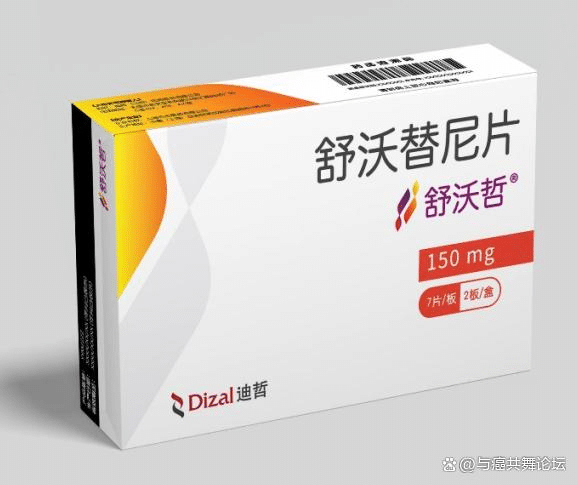
Sunvozertinib, NSCLC

Lung Cancer
Warning: Trying to access array offset on value of type bool in /www/wwwroot/www.medtourcn.com/wp-content/themes/medical-directory/framework/theme/medicaldirectory-image.php on line 78
Warning: Trying to access array offset on value of type bool in /www/wwwroot/www.medtourcn.com/wp-content/themes/medical-directory/framework/theme/medicaldirectory-image.php on line 79

Revolutionizing Medicine: CAR-T Therapy Beyond Cancer
🚀Revolutionizing Medicine: CAR-T Therapy Beyond Cancer 🚀

🔬 Over the past decade, CAR-T cell therapy has transformed the field of oncology, successfully treating previously incurable blood cancers. While CAR-T therapy gained fame for its success in cancer treatment, the roots of this groundbreaking principle trace back nearly 30 years—initially exploring T cell therapy for HIV/AIDS. Although the early attempts didn’t succeed in treating HIV/AIDS, they demonstrated the enduring potential of engineered T cells in immunocompromised patients.
🚀 The future of CAR-T therapy holds vast potential in reshaping the landscape of medical treatment, reaching far beyond the realms of cancer. Stay tuned for ground
Warning: Trying to access array offset on value of type bool in /www/wwwroot/www.medtourcn.com/wp-content/themes/medical-directory/framework/theme/medicaldirectory-image.php on line 78
Warning: Trying to access array offset on value of type bool in /www/wwwroot/www.medtourcn.com/wp-content/themes/medical-directory/framework/theme/medicaldirectory-image.php on line 79

Exciting breakthrough in Chinese pharmaceutical research!
[🔬🌏] Exciting breakthrough in Chinese pharmaceutical research!

Chinese medicial research
💊Since 2019, China has witnessed a surge in phase 1 and 2 clinical trials, with a focus on addressing prevalent cancers like stomach, esophageal, and cervical cancers. The world is now turning its attention to China’s rapid emergence on the global stage of pharmaceutical innovation.
🌟 Key Highlights:
🚀 2020 and Beyond:
🌿 Traditional Medicine Meets Innovation:
🔍 Future of Cellular Therapy:
Warning: Trying to access array offset on value of type bool in /www/wwwroot/www.medtourcn.com/wp-content/themes/medical-directory/framework/theme/medicaldirectory-image.php on line 78
Warning: Trying to access array offset on value of type bool in /www/wwwroot/www.medtourcn.com/wp-content/themes/medical-directory/framework/theme/medicaldirectory-image.php on line 79

Breakthrough Ultra CAR-T Therapy Shows High Disease Control Rate of 85.7% in Advanced Platinum-Resistant Ovarian Cancer

Warning: Trying to access array offset on value of type bool in /www/wwwroot/www.medtourcn.com/wp-content/themes/medical-directory/framework/theme/medicaldirectory-image.php on line 78
Warning: Trying to access array offset on value of type bool in /www/wwwroot/www.medtourcn.com/wp-content/themes/medical-directory/framework/theme/medicaldirectory-image.php on line 79
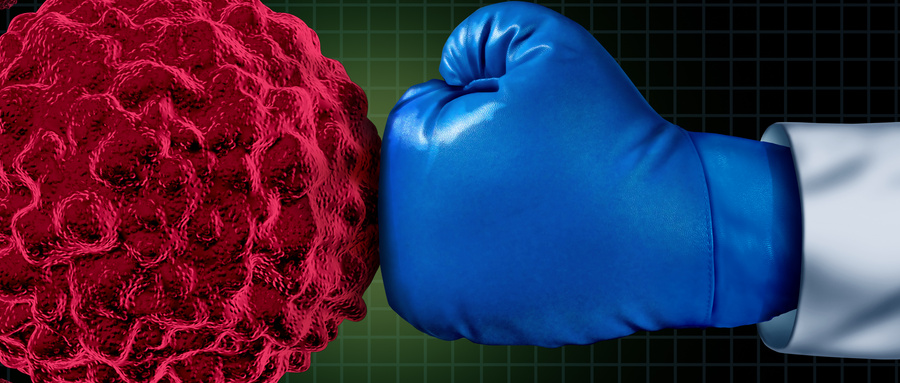
Breakthrough CAR-T Cell Therapy for R/R B-Cell ALL: A Game-Changer in Chinese Medical Innovation


Warning: Trying to access array offset on value of type bool in /www/wwwroot/www.medtourcn.com/wp-content/themes/medical-directory/framework/theme/medicaldirectory-image.php on line 78
Warning: Trying to access array offset on value of type bool in /www/wwwroot/www.medtourcn.com/wp-content/themes/medical-directory/framework/theme/medicaldirectory-image.php on line 79

Chinese Research Team New Treatment Shows Promise: CD7 CAR-T Cell Therapy for Relapsed/Refractory AML
